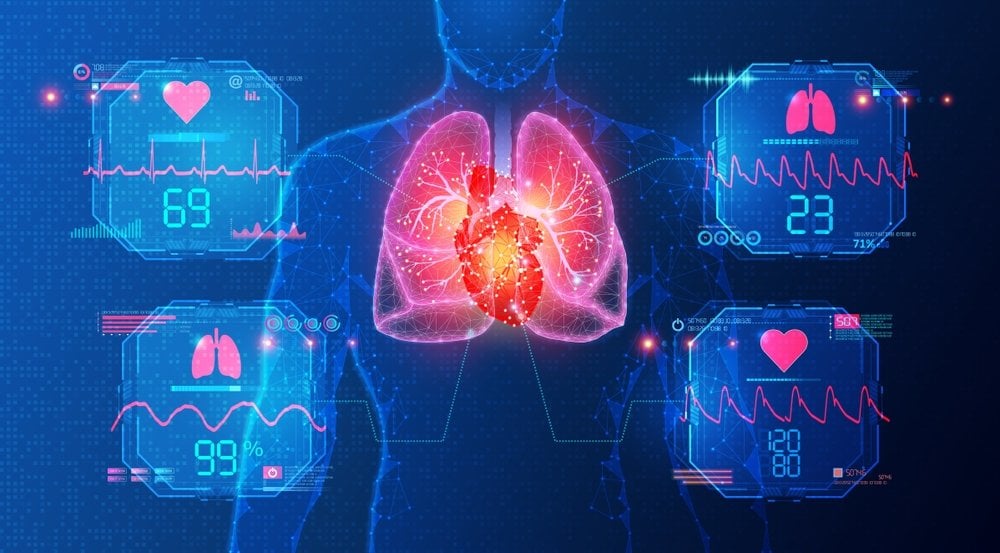At Techonomy we don’t launch new events lightly. So Techonomy Bio is a big step. It’s a half-day conference the afternoon of Tuesday June 17 at the Computer History Museum in Mountain View, Calif. We’re striding forward because for all our passionate belief in the importance of technology for business and social progress, “technology” is more than the impact of computing and the Internet. Granted, we see new evidence every day that IT/Net-empowered transformation is altering business and society.
But the biological realm is fast-changing, too, and in large part as a consequence of the tools that IT and the Net make available. All of us were struck at Techonomy 2013 when Stewart Brand claimed onstage that biotech may be advancing six times faster than Moore’s Law. (That “law” of computing progress suggests that the speed and power of a computer processor for a given price tend to double every 18-24 months.) The consequences of that even-faster progress are what Techonomy Bio aims to explore. And Stewart, we are happy to report, will be among the speakers at our upcoming conference. It only costs $75 to register.
Our other speakers will include John Perry Barlow, a multi-faceted pioneer and activist who has put songwriting for the Grateful Dead behind him to create fuel from plants at startup Algae Systems; Drew Endy, a synthetic biology leader who led creation of a new bioengineering major at both MIT and now, Stanford; Lindy Fishburne, who runs Breakout Labs, the Thiel Foundation’s project to fund what it calls “audacious scientific exploration”; Jim Flatt, president of Genovia Bio, which creates “algae-based solutions for food, fuels, and chemicals markets”; biohacker Eri Gentry, who authored a very original article in Techonomy’s recent magazine on the technologies of empathy; David Haussler, the genomics expert who directs the Center for Biomolecular Science and Engineering at UC Santa Cruz; Andrew Hessel, a distinguished researcher at Autodesk’s Bio/Nano Programmable Matter Group; Nancy J. Kelley, who founded the New York Genome Center; Ryan Phelan, executive director of Revive & Restore, devoted to “the genetic rescue of endangered and extinct species” (got that? Reviving extinct species); biotech veteran investor Beth Seidenberg of Kleiner Perkins Caufield & Byers; and Jorge Soto, who co-founded mirOculus, with a genetics-based test for early cancer detection, and now works in the office of Mexico’s president on civic innovation and digital strategy.
We will look at what this exponential pace of progress in biological science means, not just for health and medicine, as “biotech” is too-often considered to imply, but for food and agriculture, energy, manufacturing, and other critical fields. A huge amount of today’s discoveries hinge on deeper understanding of genetics and the underlying language of life, which is itself driven heavily by our ability to use computers to help decode it. We believe leaders of business, government, and society now need as much to be conversant with the capabilities of biology as they must be with IT and the Internet. None of it is easy to understand and take advantage of, for companies or for us as individuals. That’s why Techonomy exists. Our events and media are not about tech but rather about the myriad ways that tech is altering our economy and our lives—now adding a clear ongoing focus on biological progress as well. Everyone is invited to Techonomy Bio, and it is going to rock.
Techonomy Bio Debuts June 17 in Mountain View!
At Techonomy we don't launch new events lightly. So Techonomy Bio is a big step. It's a half-day conference the afternoon of Tuesday June 17 at the Computer History Museum in Mountain View, Calif. We're striding forward because for all our passionate belief in the importance of technology for business and social progress, "technology" is more than the impact of computing and the Internet.

















